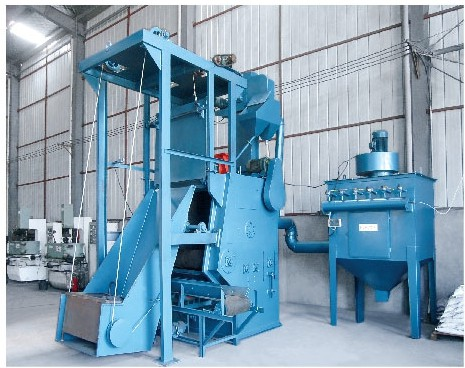When it comes to relocating, whether for a new job, a change of scenery, or a fresh start, one of the most significant logistical challenges can be moving your vehicle. If you're considering transporting your car over a distance of 1000 miles, understanding the associated costs is crucial for budgeting and planning. This article delves into the various factors that influence the cost of moving a car over such a distance, providing you with a comprehensive guide to make informed decisions.
Understanding the Basics of Car Transport Costs
The cost of moving a car 1000 miles can vary widely based on several factors. On average, you can expect to pay anywhere from $600 to $1,500. However, this range can fluctuate based on the method of transport, the type of vehicle, and additional services you may require.
- Transport Method: Open vs. Enclosed Carriers
One of the primary factors affecting the cost is the method of transportation. There are two main types of car carriers:
- Open Carriers: This is the most common and cost-effective option. Vehicles are transported on an open trailer, exposed to the elements. While this method is generally cheaper, it may not be suitable for high-end or classic cars that require extra protection. Expect to pay between $600 and $1,200 for this service.
- Enclosed Carriers: For those who own luxury, vintage, or specialty vehicles, enclosed transport is the preferred choice. This method protects your car from weather conditions and road debris. However, it comes at a premium, typically ranging from $1,000 to $2,000 for a 1000-mile journey.
- Vehicle Type and Size
The type and size of your vehicle also play a significant role in determining transport costs. Standard sedans and compact cars are generally less expensive to transport than larger vehicles like SUVs, trucks, or vans. Additionally, if your vehicle is modified or has unique features, this may incur extra fees due to the need for specialized handling.
- Seasonality and Demand
The time of year can significantly impact car transport costs. Peak seasons, such as summer and the beginning of the school year, often see increased demand for transport services, leading to higher prices. Conversely, off-peak seasons may offer more competitive rates. If you have flexibility in your moving schedule, consider planning your transport during the off-peak months to save on costs.
- Distance and Route
While the distance is fixed at 1000 miles, the specific route taken can influence costs. Some carriers may charge more for routes that involve difficult terrain, tolls, or urban areas with heavy traffic. Additionally, if your vehicle needs to be transported to a remote location, this may incur additional fees.
Additional Costs to Consider
When budgeting for car transport, it’s essential to account for potential additional costs:
- Insurance: Most transport companies provide basic insurance coverage, but it may not cover the full value of your vehicle. Consider purchasing additional insurance for peace of mind.
- Fuel Surcharges: Some carriers may implement fuel surcharges, especially during times of fluctuating fuel prices. Be sure to inquire about this when obtaining quotes.
- Terminal Fees: If you choose to drop off or pick up your vehicle at a terminal rather than having it delivered to your door, you may incur terminal fees.
- Customs Fees: If you're moving your car across international borders, be prepared for customs fees and regulations that can add to your overall costs.
Getting Quotes and Choosing a Transport Company
To ensure you receive the best price and service, it’s advisable to obtain multiple quotes from different transport companies. Look for reputable carriers with positive customer reviews and transparent pricing structures. Be wary of quotes that seem too good to be true, as they may indicate hidden fees or subpar service.
Conclusion
Moving a car 1000 miles involves various factors that contribute to the overall cost. By understanding the different transport methods, considering your vehicle type, and being aware of additional fees, you can make an informed decision that fits your budget. Whether you opt for an open or enclosed carrier, planning ahead and researching your options will ensure a smooth and cost-effective vehicle relocation experience.





+ There are no comments
Add yours